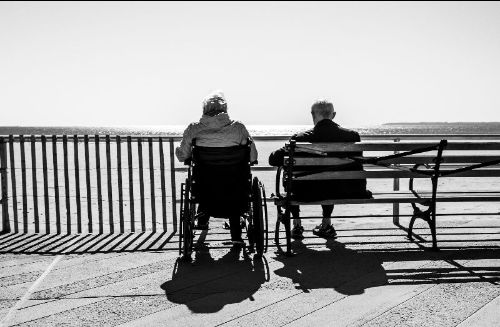Most people are aware that they need a will. They know that they have assets and need to ensure that when they pass away, those assets are properly handled and looked after by the right people.
But there are plenty of smaller, less obvious details about estate planning that often slip by a lot of people and cause their families problems down the road… certain legal “gaps” that most people don’t expect.
One of these gaps that we often see is a failure to plan for being incapacitated.
This is a mistake that we see a lot. Some people miss this because they haven’t gotten proper estate planning advice.
The life expectancy for people in Australia is at 82 and a half years, which is far higher than what the life expectancy was 100 years ago, or even 50 years ago.
The problem is that living longer doesn’t necessarily mean that you’ll be living at full capacity.
Failing to plan for incapacitation could mean putting your family in a very stressful situation. If you have not granted power of attorney to anyone, it can make looking after you and your assets incredibly difficult.
Say, for example, that you are no longer capable of making decisions for yourself, but you have not granted a power of attorney to anyone. Your family wish to sell your house to pay for your full-time care and new assisted living, but this is impossible because there is no way for them to get your consent.
Not having a power of attorney in place can cripple your family’s decision-making capacity. It adds to the stress your family is dealing with and forces them to go through the longer and more tiresome legal routes to try and get problems resolved.
Even if you think it is unlikely, plan for it.
Like death, being incapacitated isn’t something that most people are comfortable thinking about, let alone planning for, but it is incredibly important.
If you have a power of attorney, it should be clear who is to be in charge of your finances, your health, and your personal life if you end up becoming incapacitated. That way, you’ll have your health looked after, your finances will be in good hands, and you will not find yourself at the mercy of someone you don’t trust.




